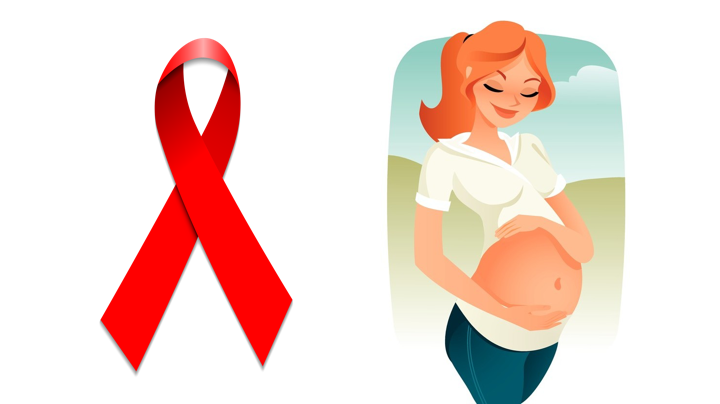
Regardless if your HIV status, you may want to have children! If you are HIV positive and either want to become pregnant or are pregnant, talk to a healthcare provider right away . If you would like to have a child and your partner is HIV positive, talk to a healthcare provider about your options and plans for having a safe pregnancy. Your doctor can tell you how HIV can affect your health or your unborn baby's health and tell you how to prepare for a healthy pregnancy.
You will have many choices to make about lowering the risk of passing HIV to your baby. A mother who knows early in her pregnancy that she is HIV infected has more time to make important decisions. She and her healthcare provider will have more time to decide on effective ways to protect her health and prevent mother-to-child transmission of HIV.
How does HIV spread from a mother to her baby?
HIV can be spread to a baby during pregnancy, while in labor, while giving birth, or by breastfeeding. Mother-to-child transmission (MTCT) of HIV refers to the transmission of HIV from an HIV-positive woman to her child during any of these times.
What treatments are available to prevent transmission of HIV from a mother to her baby?
ARV drugs are used to reduce the risk of mother to child transmission .HIV (+) pregnant wome receive 3 drugs comibination of ARV durning pregnancy , in labour and after delivery and discontinue ARV 1 week after cessation of breast feeding
- After birth baby receive ARV Prophylaxis daily for 6 weeks regardness of feeding mode
If you are pregnant or breastfeeding, talk to your healthcare provider about the prevention of mother to child transmission of HIV/AIDS.
